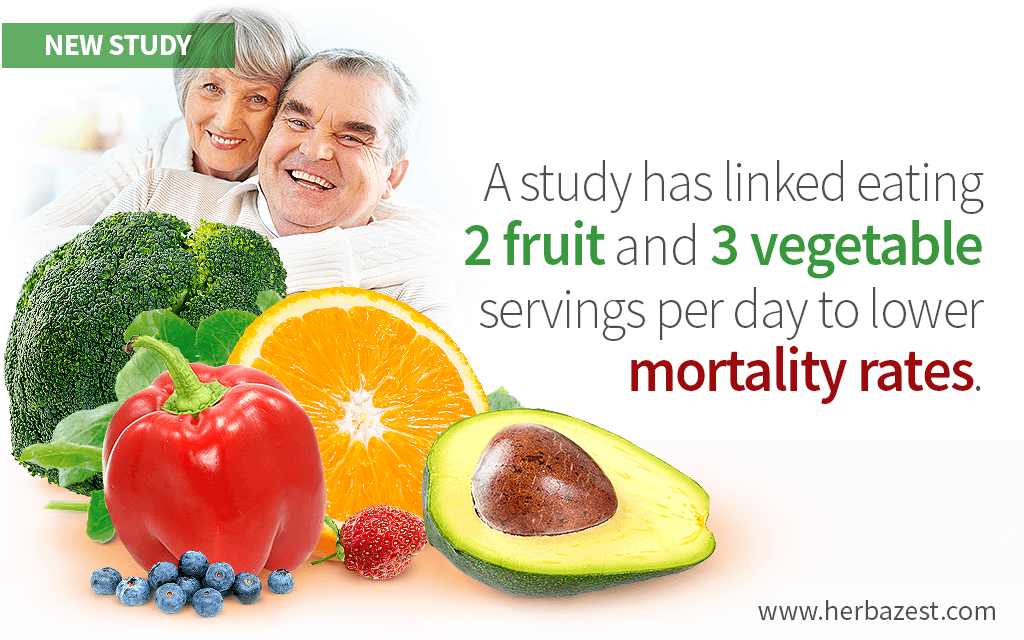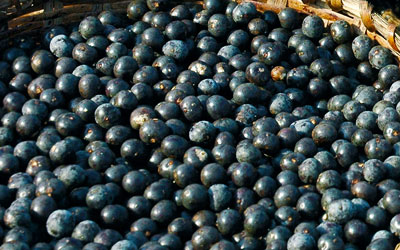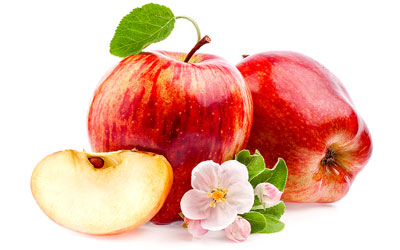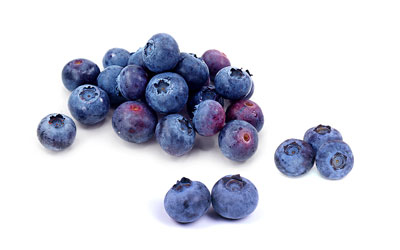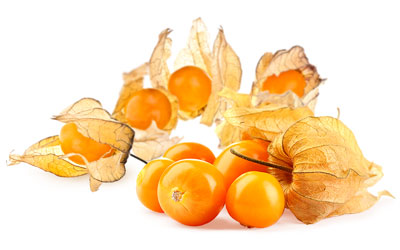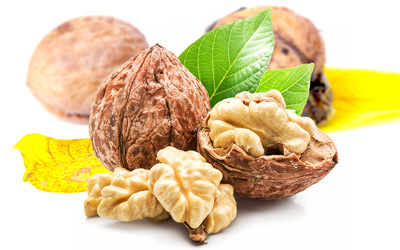Fruits and vegetables are an important part of human diet, providing the necessary macro- and macronutrients our bodies use to function properly.1
While most people feel they should be eating more fruits and vegetables, there are considerable variations in dietary guidelines around the world on how much is enough to reap the health benefits from their consumption.
The purpose of this study was to determine the optimal intake of fruits and vegetables for health maintenance and disease prevention.
The Study
This study was carried out by a team of researchers from the Harvard T.H. Chan School of Public Health in Boston, Massachusetts. Their findings were published in the Circulation journal of the American Heart Association.
Researchers followed participants from two large, long-term cohort studies: the Nurses' Health Study (66,719 women) and the Health Professionals Follow-Up Study (42,016 men), each conducted over 30 years.
The researchers analyzed people's dietary habits and mortality cases from the aforementioned studies and also from 24 other prospective cohort studies.
The Results
Researchers found that eating fruits and vegetables is inversely associated with mortality (both, total mortality and mortality due to cancer, cardiovascular disease, and respiratory diseases). Higher fruit and vegetable intakes were linked to lower mortality rates.
They also determined that eating 5 servings of fruits and vegetables per day (2 fruit servings and 3 vegetable servings) resulted in the lowest mortality rates.
Interestingly, eating more than 5 servings per day does not seem to offer additional health benefits.
Moreover, researchers pointed out that eating starchy vegetables, such as potatoes and corn, as well as drinking fruit juices, had no beneficial effects on mortality rates.
What Does This Mean?
This Harvard study provides evidence that eating more fruits and vegetables prolongs lifespan. The optimal intake was determined in 5 daily servings of fruits and vegetables.
Every day foods that have been linked to better health and longevity include berries (e.g., acai, blackberries, blueberries, goldenberries, and goji berries), nuts (e.g., almonds, Brazil nuts, pistachios, and walnuts), fruits (e.g., apple, grapes, papaya, and pomegranate), leafy greens (e.g., arugula, kale, lettuce, and spinach), and other vegetables (e.g., beans, beetroot, broccoli, and cabbage).
Since fruits and vegetables vary in sizes and nutritional content, it is worth researching what is considered a proper serving size for foods commonly included in one's daily diet.
Sources
- Circulation, Fruit and Vegetable Intake and Mortality, 2021
Footnotes:
- Harvard T.H. Chan. (n.d.). Vegetables and Fruits. Retrieved October 21, 2021 from https://www.hsph.harvard.edu/nutritionsource/what-should-you-eat/vegetables-and-fruits/
